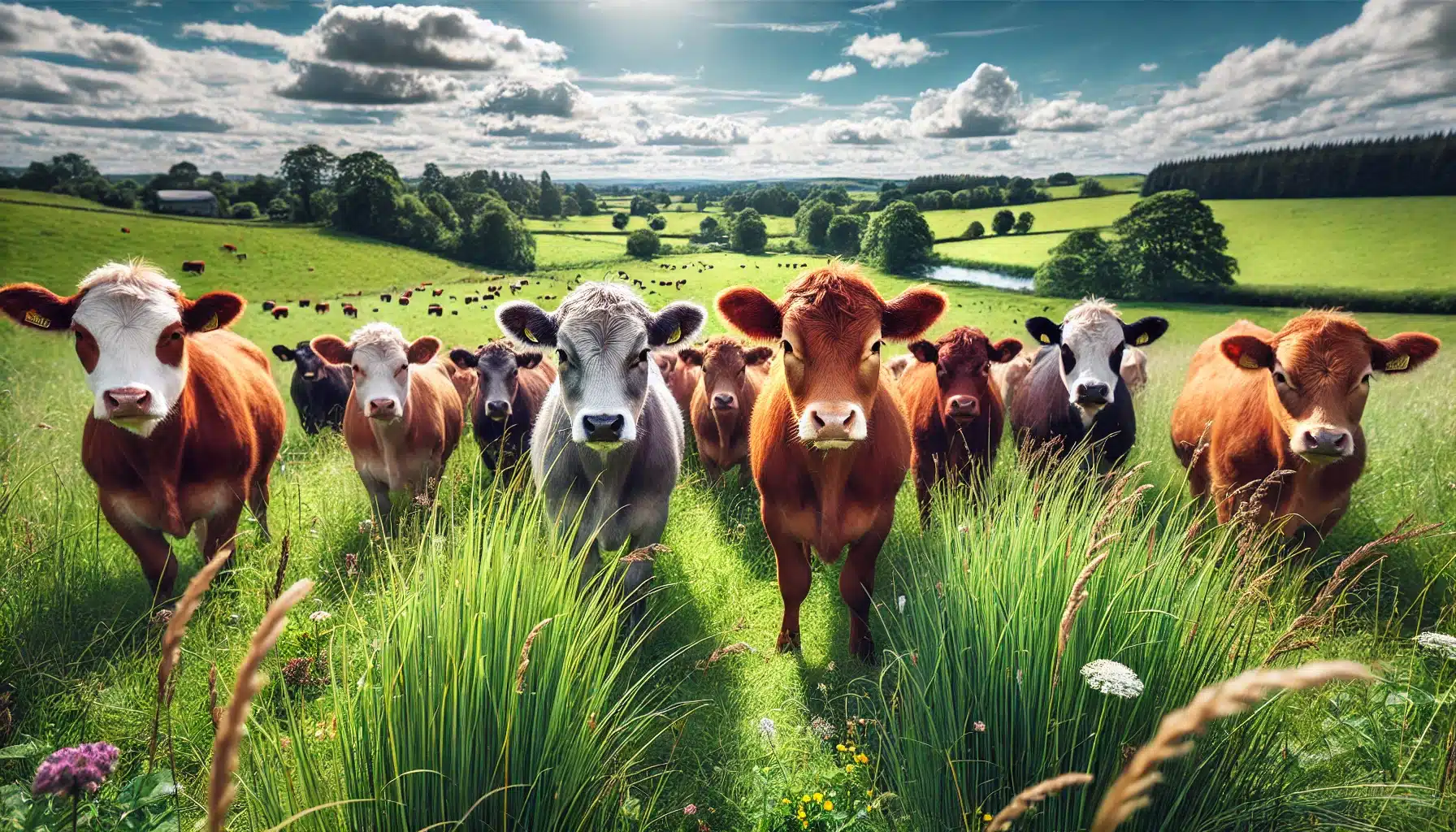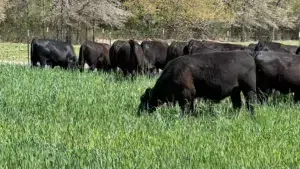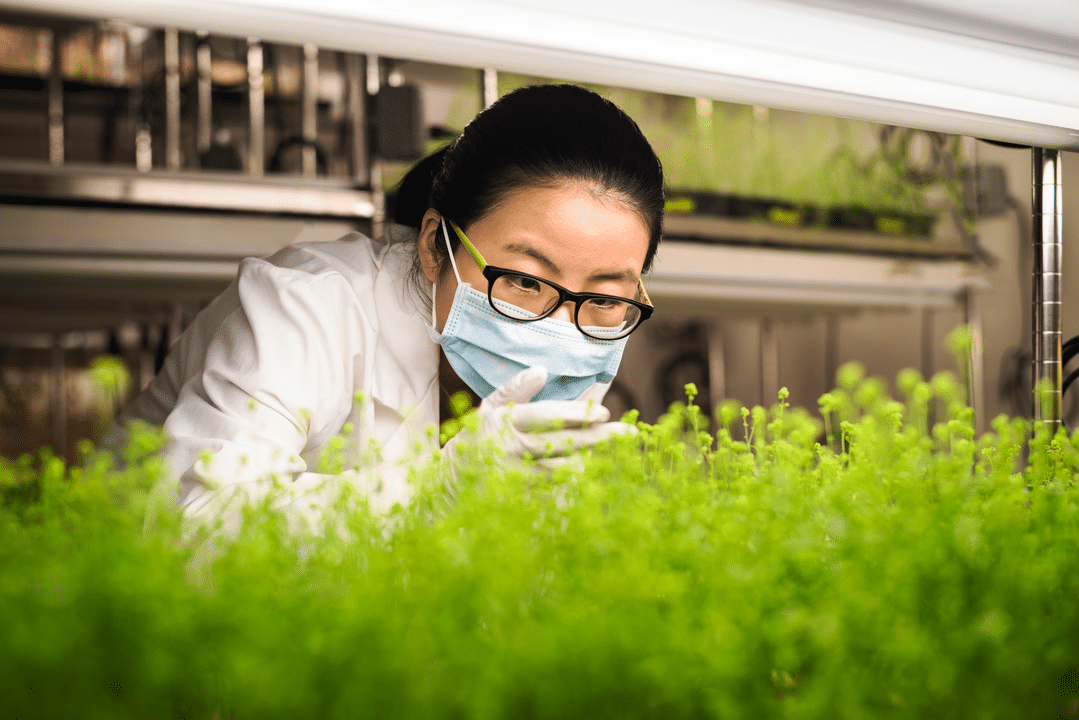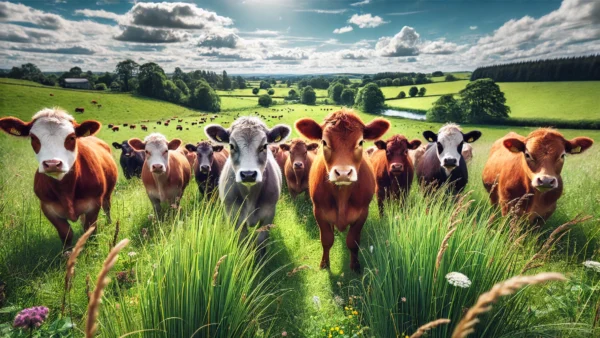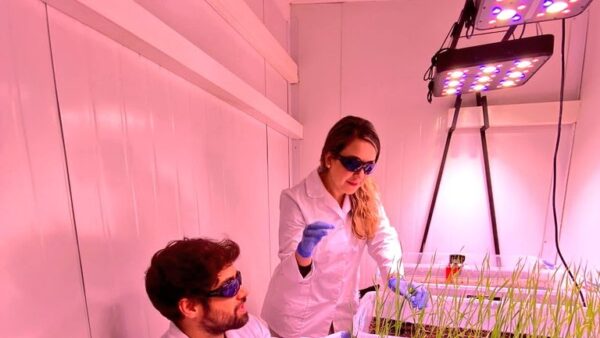Through innovative feed technology and collaboration, this partnership aims to cut greenhouse gas emissions, reduce resource usage, and enhance feed efficiency in beef production.
McDonald’s USA, one of the world’s largest fast-food chains, Lopez Foods, a leading multi-protein producer and long-time McDonald’s supplier, and Syngenta North America, a key player in agricultural innovation, have joined forces to revolutionize beef production sustainability. Their collaboration focuses on enhancing feed efficiency and lowering greenhouse gas emissions per pound of meat produced.
Central to this effort is Syngenta’s Enogen® corn, an in-seed innovation that improves feed efficiency and reduces emissions intensity in cattle production.
“At Syngenta, we’re convinced improving the sustainability of the global food system can be accelerated through innovation and collaboration,” said Justin Wolfe, Syngenta Seeds president, said in a recent news release. “We’re proud of the great attributes of our Enogen® corn, and how our work can help enable McDonald’s and their beef supply chain to deliver impact.”
McDonald’s is prioritizing climate-friendly practices, with beef as a major focus. “McDonald’s is starting with a priority ingredient for our company – beef,” said Kendra Levine, director of U.S. sustainability for McDonald’s. “We believe the innovative collaboration with Syngenta is an opportunity to help us make progress toward our science-based climate targets.”
Enogen® corn, designed for grain and silage, delivers a unique enzyme that rapidly converts starch into usable sugars, enhancing digestibility and energy availability for cattle. Research shows that Enogen® can improve feed efficiency by approximately 5%, reducing emissions, resource use, and overall environmental impact.
The environmental benefits of feeding Enogen® include an annual reduction of 196 tons of CO2e greenhouse gases per 1,000 head of cattle, a 69-acre reduction in land use for feed, 6 million fewer gallons of water used, and energy savings equivalent to 231,000 kilowatt-hours. With plans to scale the initiative, McDonald’s aims to deliver over 164,000 metric tons of CO2e reduction per year.


